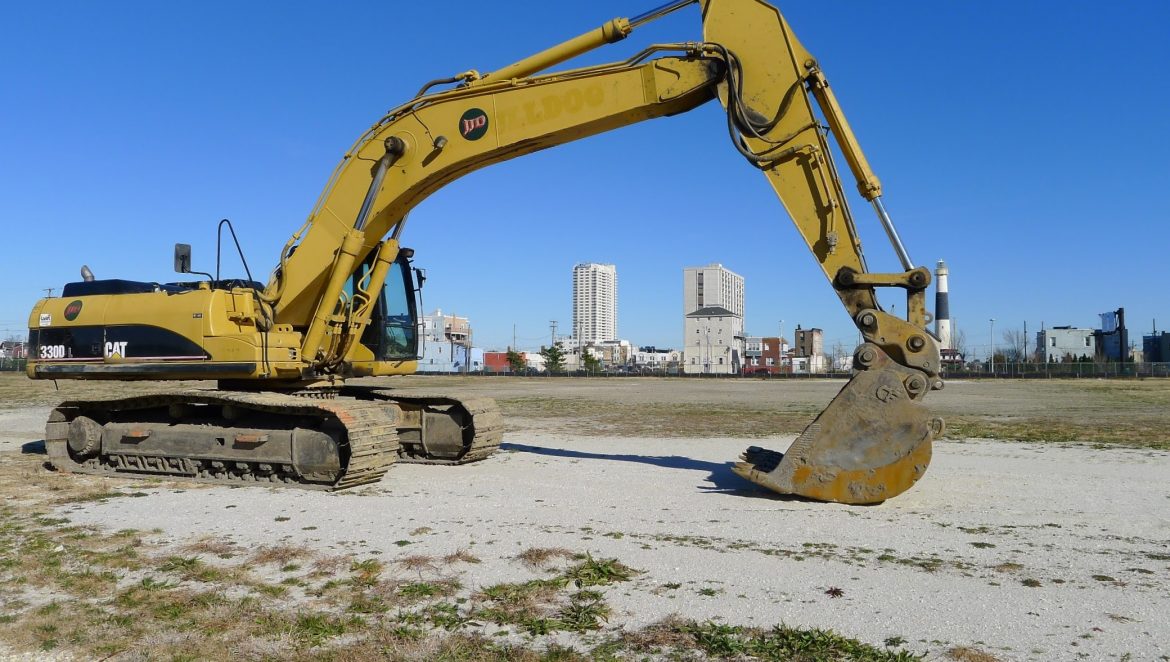Atlantic City has demolished 79 housing units this year through September, more than double the rate of demolition in any year since the financial crisis. Public agencies tore down the most buildings, but state data show there have also been some private demolitions, which could indicate more construction will be starting in the city.
The Casino Reinvestment Development Authority (CRDA) has demolished more than half of the units as part of its ongoing city-wide demolition project. Another chunk of the units were demolished by the Atlantic County Improvement Authority (ACIA), through an agreement with the city to clear abandoned buildings.
The number of units demolished by the public agencies, however, is below the total number of units demolished year to date, which suggests there has also been some private demolition work. That could be another hint of a construction turnaround for the city, which recently saw a project begin at the already vacant Pauline’s Prairie site as well as the Gateway project to build a Stockton University campus on Absecon Island.
Construction in the city is in fact up from last year, helped by the Stockton project, although the state data through September does not include the Boraie development on Pauline’s Prairie. This graphic shows construction in Atlantic City by estimated cost, derived from building permit data filed with the Department of Community Affairs.
CRDA has demolished five properties this year, including 300 Atlantic Ave, which was home to 48 low-rise units, spokeswoman Elaine Zamansky said in an email.
The Authority has a $4 million fund for demolitions in the city and has spent $2.8 million of that cashpile, Zamansky said. “The demolition program is funded by CRDA and the City Capital Bond Account, and administered by the City of Atlantic City. If a property is improved, the City removes it from the demo list. Occasionally, a property owner reimburses the demolition cost to avoid a lien on the property.”
The demolition data, from New Jersey’s Department of Community Affairs, counts demolitions by housing unit, not by property.
Buildings Demolished By CRDA, ACIA in 2016
Demolition is likely to continue into next year, since the city recently compiled a list of abandoned properties as part of a wider effort to tackle blight. Some of the properties will be put up for sale.
